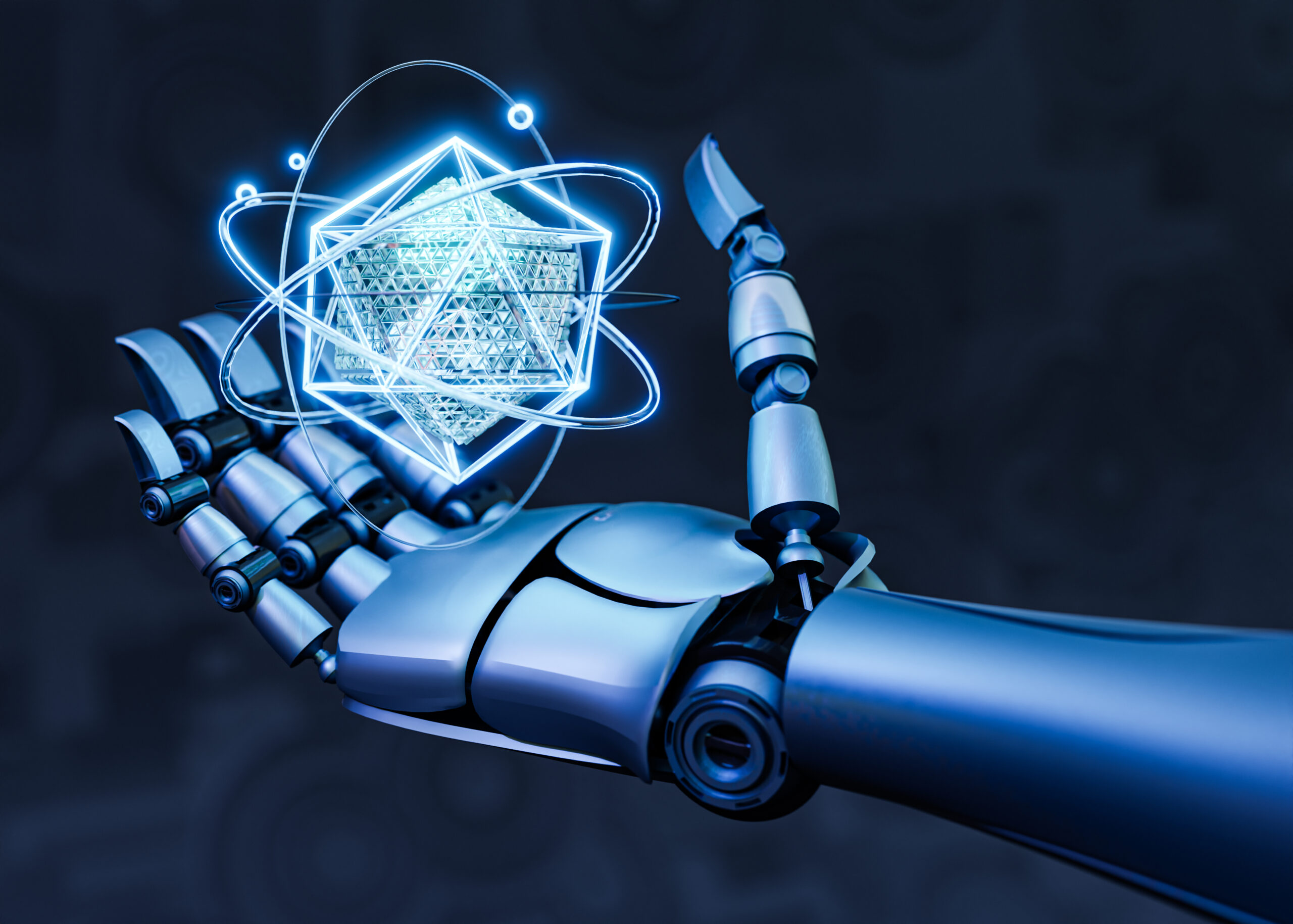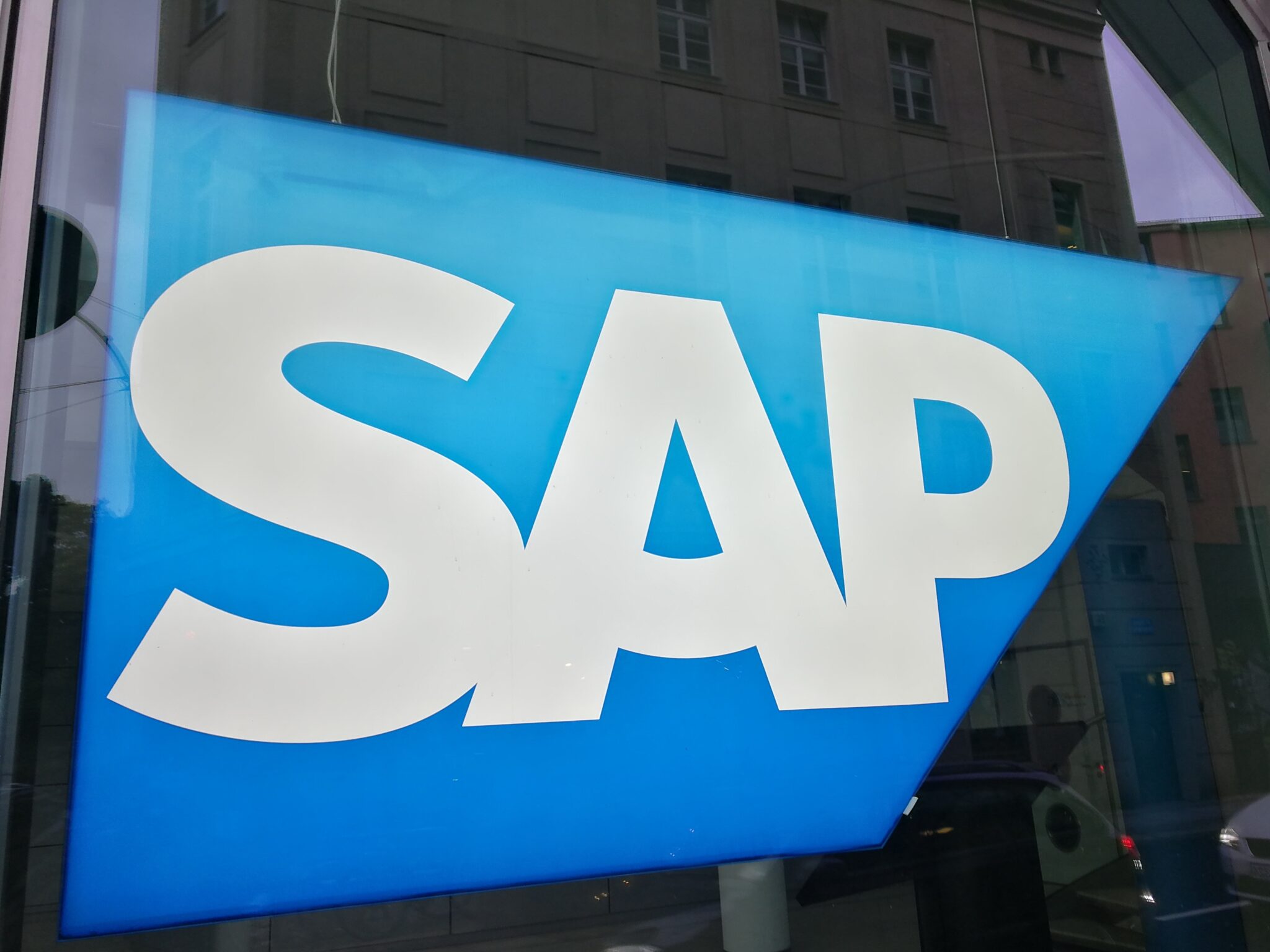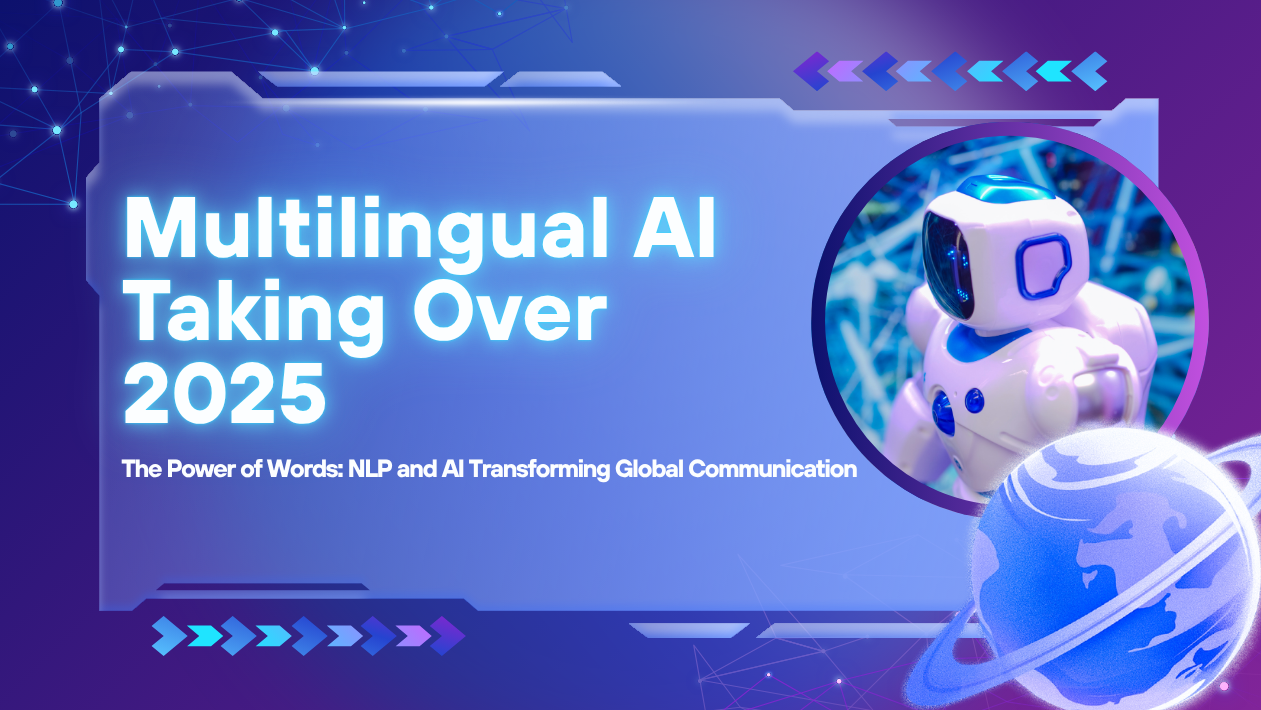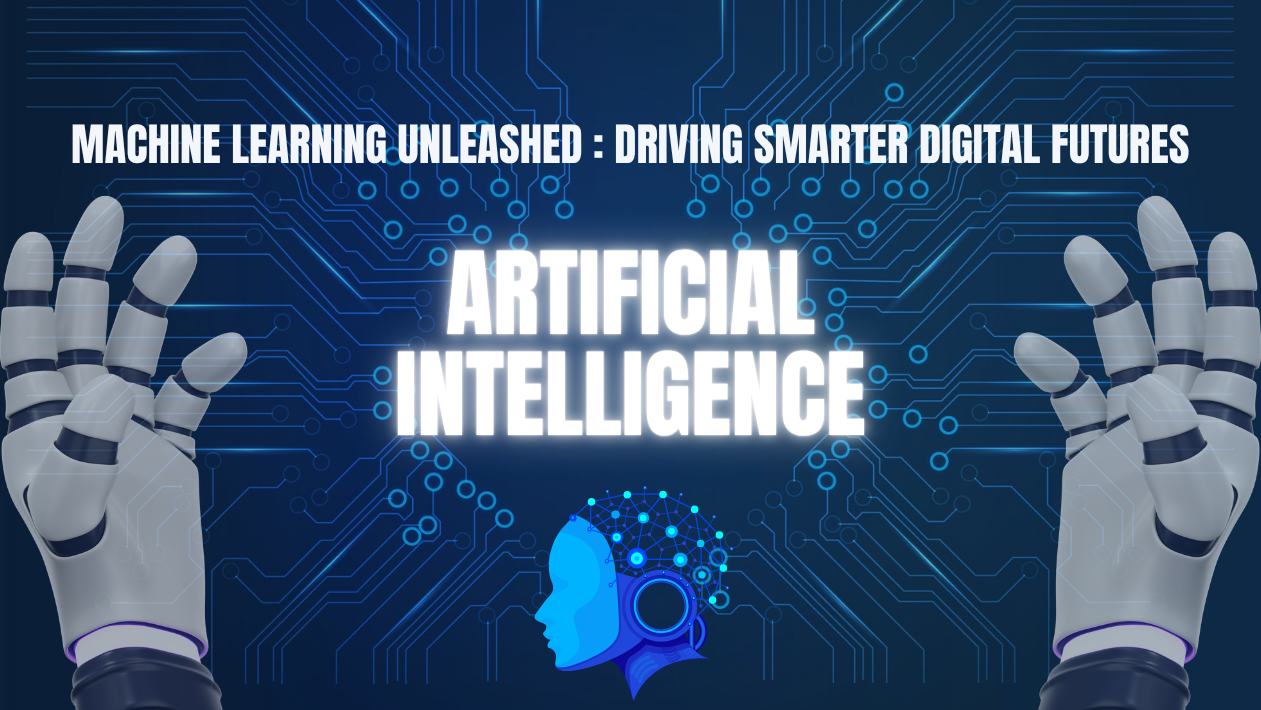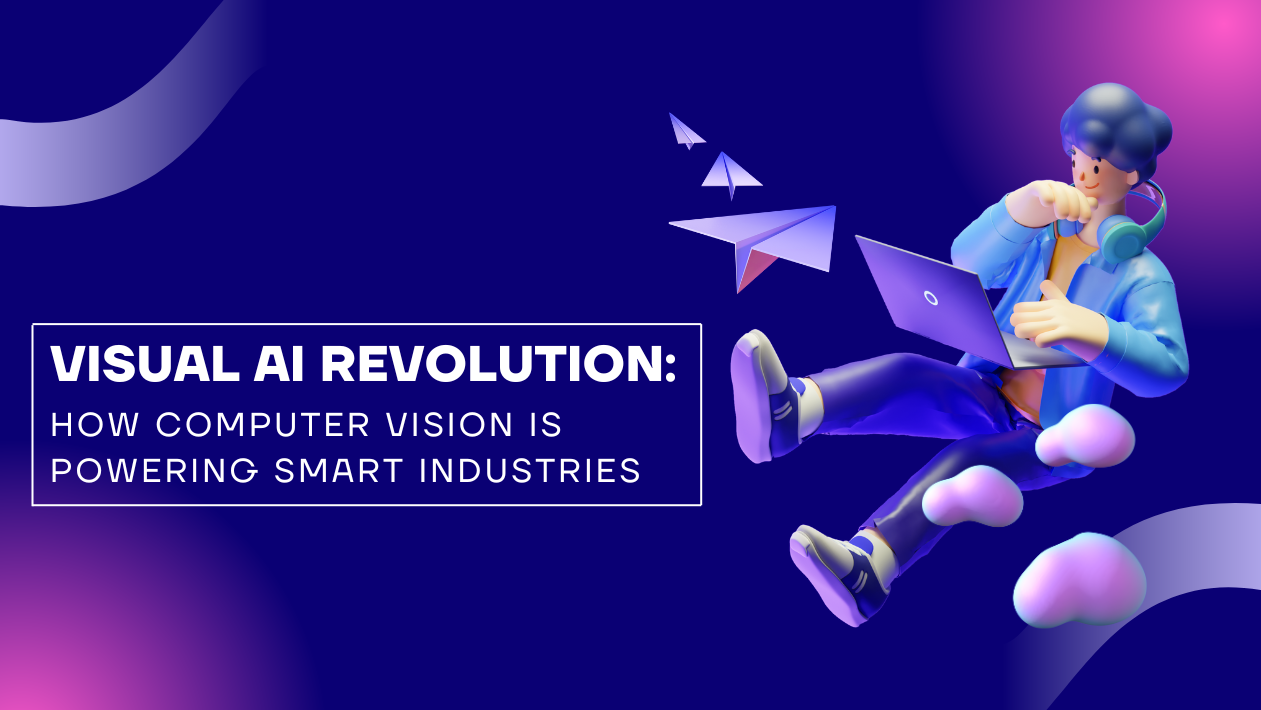Artificial Intelligence is increasingly making its mark in creative fields such as art, literature, and entertainment. While AI-generated content offers new possibilities, it also raises significant ethical questions about authorship, intellectual property (IP), and the value of human creativity.
The Rise of AI-Generated Content
AI tools are now capable of producing artwork, writing articles, composing music, and even generating deepfake videos. This has led to debates about who owns the rights to AI-generated content—the developer of the AI, the user who prompted the AI, or the AI itself?
Authorship and Creativity
The concept of authorship is being challenged as AI systems can produce creative works without human intervention. This raises questions about the authenticity of AI-generated content and whether it can be considered genuine expressions of human experience and emotion.
Cultural Sensitivity and AI
AI systems trained on vast datasets may inadvertently replicate and distribute cultural expressions without understanding or respecting their origins, leading to issues of cultural appropriation and insensitivity.
Economic Impact on Human Creatives
The proliferation of AI in creative fields could impact the livelihoods of artists, writers, and musicians, potentially devaluing human creativity and craftsmanship in the marketplace.
Navigating the Ethical Landscape
To address these challenges, it’s essential to implement clear attribution standards, adapt intellectual property laws to account for AI-generated content, and encourage ethical guidelines for the use of AI in creative processes.

